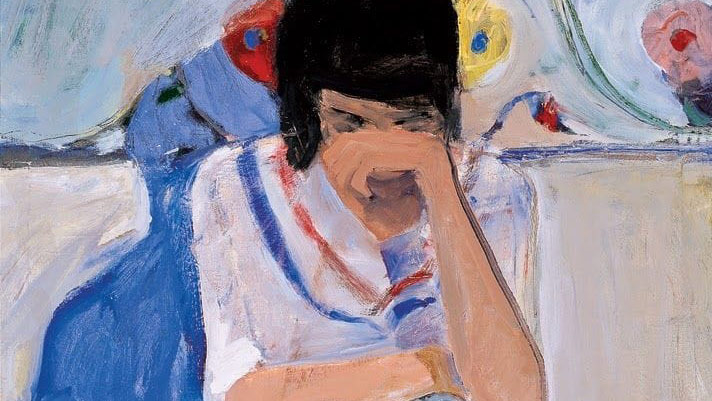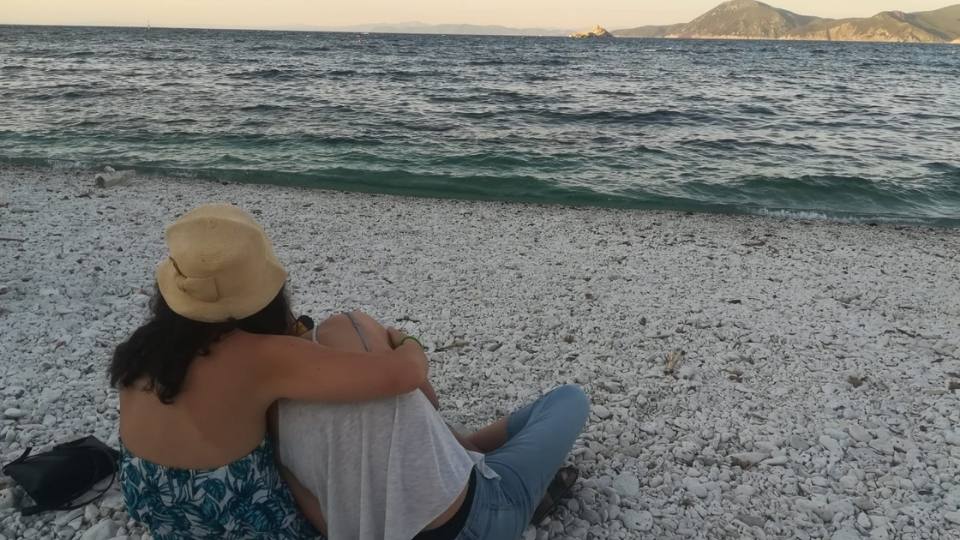Surviving the death of a loved one is one of the most terrible events one can face. When it comes to losing a child, the overwhelming and uncontrollable pain, devastation, and the perception of failure are crushing.
Survivors. That’s how parents, children, siblings, partners of those who have decided to end their own lives in a traumatic and violent way are defined: suddenly thrown into an unimaginable reality, they can’t even focus on how to get through the day, stand, eat, talk, simply survive, after what happened.
Psychache is the term that expresses the extreme and unbearable pain from which the suicidal person escapes. Yes, because taking one’s own life doesn’t mean seeking death but paradoxically protecting life by putting an end to unbearable suffering. But what happens to those who remain? What about those parents, children, siblings, wives, and husbands who have been cut off from their loved ones by the most extreme choice? Parents have been denied by their child the opportunity to help, dramatically and forever depriving them of their role. At the mercy of multiple and conflicting emotions that offer no respite, they often think of following their own child to put an end to an existence whose purpose they no longer see. Those who survive feel disoriented, confused, as if in a dream: awareness of what happened only comes gradually.
Fear is extreme and paralyzing: “How will I go on? How will I endure the gaze of the curious? Will it happen again to me, to the other children, to those dear to me?” Guilt clings like a vise: “If they suffered, it’s my fault, if only I had said or done, if I hadn’t behaved that way, it wouldn’t have happened.” Shame then pervades everything with a profound sense of unworthiness and an inability to belong to the human community. As if everyone could see the horror for which one feels responsible. And hidden, suppressed, denied anger, to which one does not feel entitled, turned against that loved one who, by committing suicide, changed everyone’s destiny, thwarting any future plans. Sometimes, considering it inappropriate and inappropriate, it is hidden, thus interrupting a genuine internal dialogue with the one who took their own life.
What to say to others, what to tell about what happened? Often these events become secrets, truths to be hidden, sometimes even from oneself (“My son lost his balance and fell”). How and what to tell children, brothers, nephews, children? Sometimes lies are told, hoping that delaying will cushion the impact. But the truth passes through looks, words, behaviors, or arrives distorted and out of control from others, complicating the processing of an already traumatic mourning. Secrets work in the shadows, binding everyone to a pact, that of silence, which makes everyone distant and suffering, closed, each in their own pain.
The pervasive belief that often accompanies survivors is that they can no longer live fully and never again experience emotions like joy or happiness, convinced that they deserve nothing more: if my loved one died, in this way, almost a public accusation against me, I can only die with him. Even those who observe expect survivors to suffer now and forever. The stigma of judgment weighs on them, a heavy burden that sees them guilty without the possibility of appeal, an additional emotional and psychological burden: “Surely you were wrong, something in your family went wrong.” It is necessary to become small, invisible, sad, and withdrawn, as is appropriate for those who have stained themselves with such guilt. It is a major obstacle to returning to a new normalcy because even distracting oneself for a short time from the oppression of the memory can evoke powerful feelings of guilt. There is also often a tendency to seek an external culprit, an irresistible need to find an answer to “why did they do it?”. Identifying it seems to somehow alleviate the suffering but can become an all-encompassing and alienating activity (“It was the fault of their boss at work, the teacher who said this or that, the schoolmates who bullied them”). Considering these events as the exclusive causes distances from understanding and hinders the grieving process. Unfortunately, the possible reasons are often very remote and complex.
It is essential that parents and family members who have survived suicide be helped in the grieving process with competence and delicacy so that the dramatic event that struck them does not represent the last word on their lives. They need support and comfort from those close to them to help them move forward in the early stages and manage the daily life that is sometimes an insurmountable obstacle. It is important that survivors are supported in recognizing, legitimizing, and expressing their emotions, including anger, toward the deceased family member, also in sharing with others (as happens in the Romena community in the Nain group under the guidance of Father Luigi Verdi).
A full and happy life is still achievable, but it requires deciding to live despite a pain that can and must become bearable.





